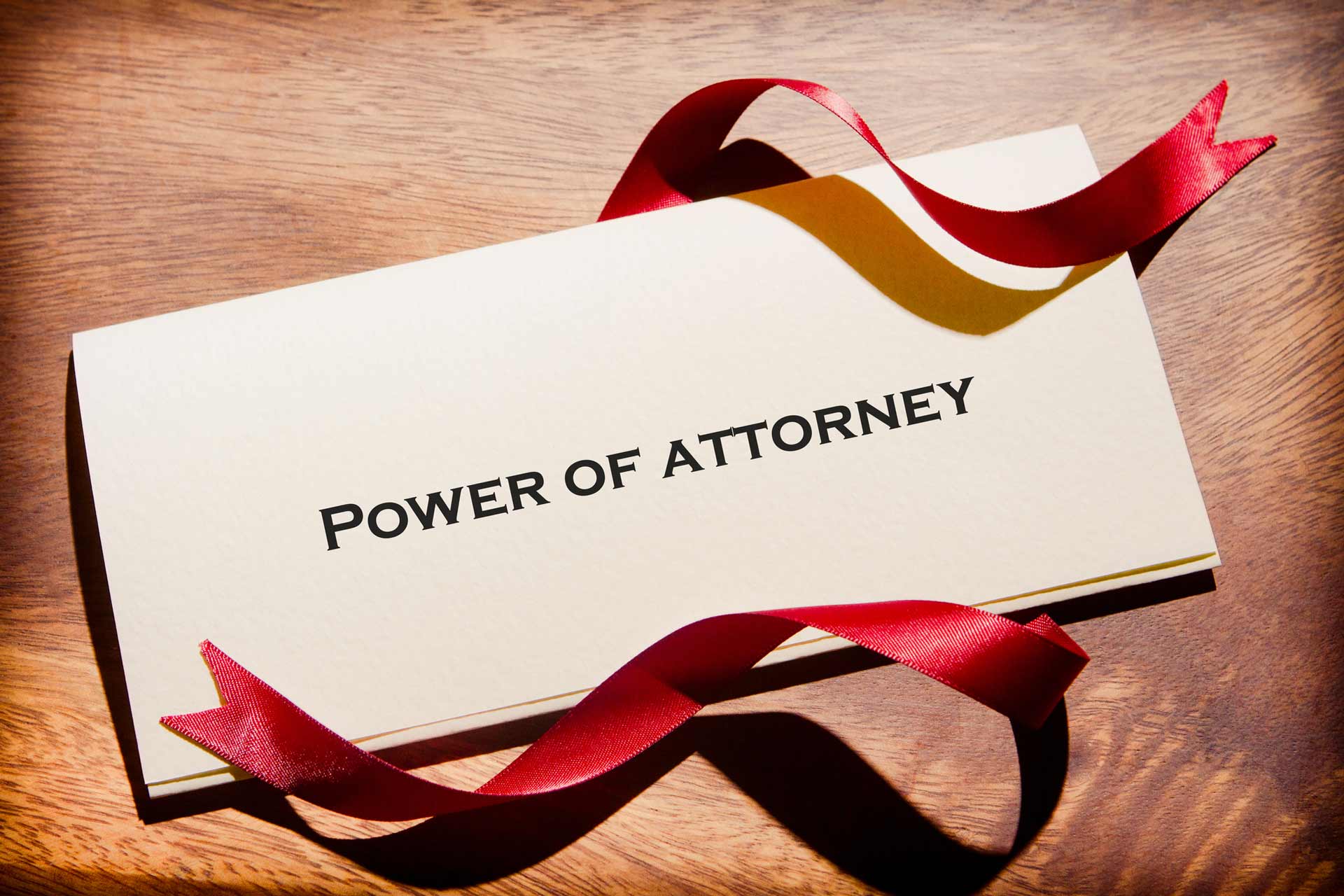An Enduring Power of Attorney (EPA) can help to plan for your future by outlining who is responsible for looking after you and your property after you have lost mental capacity. These documents are by no means restricted to the elderly and are recommended to anyone looking to organise their future affairs.
If someone is incapacitated through serious accident or illness, there is an assumption that their next of kin can, by default, make decisions on their behalf. This is not true.
An EPA is different to your Will in that EPAs deal with your affairs while you are alive up until your passing and are cancelled on death. A Will deals with your estate after your passing.
What are they?
In an EPA you can nominate an “attorney.” This is a person who is authorised to make decisions and take actions on your behalf. There are two different types of EPAs:
- Personal Care and Welfare;
- Property
EPA for Personal Care and Welfare
Your attorney can make decisions about where you reside, who will care for you, and what type of medical treatment you might receive. Your attorney can have broad powers covering all the above or you can limit them to only specific aspects of your care. This type of EPA can only come into effect once you have lost mental capacity. Up until then you make your own decisions about your Personal Care and Welfare.
You can appoint only one attorney to act for you at any one time for Personal Care and Welfare. However, you can appoint one or more successor attorneys who can act if your first attorney’s appointment ends.
EPA for Property
Your attorney can make decisions about your property. You can choose whether you want your Property EPA to take affect while you remain mentally capable or only once you have lost mental capacity. You can appoint one or more attorneys to act jointly or severally, as well as one or more successor attorneys who can act if your first attorney’s appointment ends.
What does an attorney do?
Your attorney’s role is to act on your behalf and make decisions for you when you cannot. Your attorney will be limited by any restrictions or conditions you have detailed in the EPA.
Your attorney must always act in your best interests with regard to the responsibilities you have placed on them. Your attorney must act with fairness, exercise reasonable care and avoid a conflict of interest with you. An attorney will not be able to benefit themselves (unless the EPA specifically allows this), invest unwisely or act outside of what is recorded in your EPA. Most importantly, your attorney will need to consult with you (as much as is possible) and/or others you nominate in your EPA with regard to certain decisions. You can require your attorney to consult with family members, friends, doctors or other professionals prior to making certain decisions or taking actions on your behalf.
If your attorney is not doing their job correctly then you, or another interested party can ask the Family Court to intervene.
Who should I appoint as an attorney?
Your attorney should be someone you trust. At some stage in the future, you may be reliant on that person to make decisions on your behalf. Your attorney must be at least 20 years old, not be bankrupt and not be suffering from any legal incapacity.



